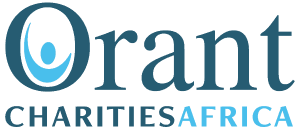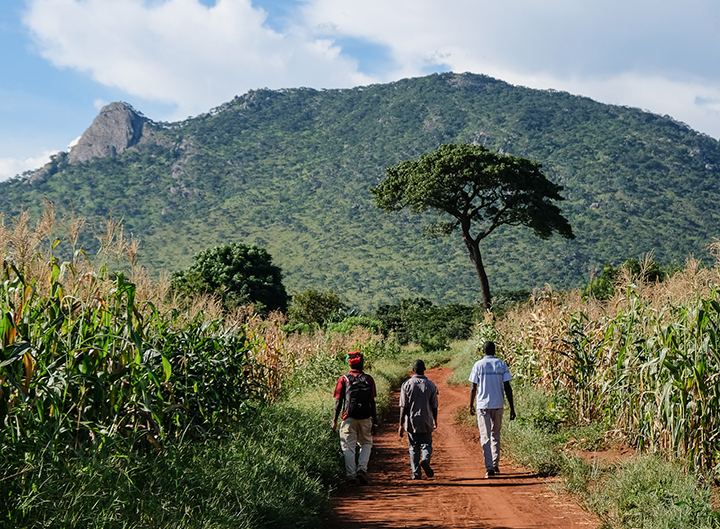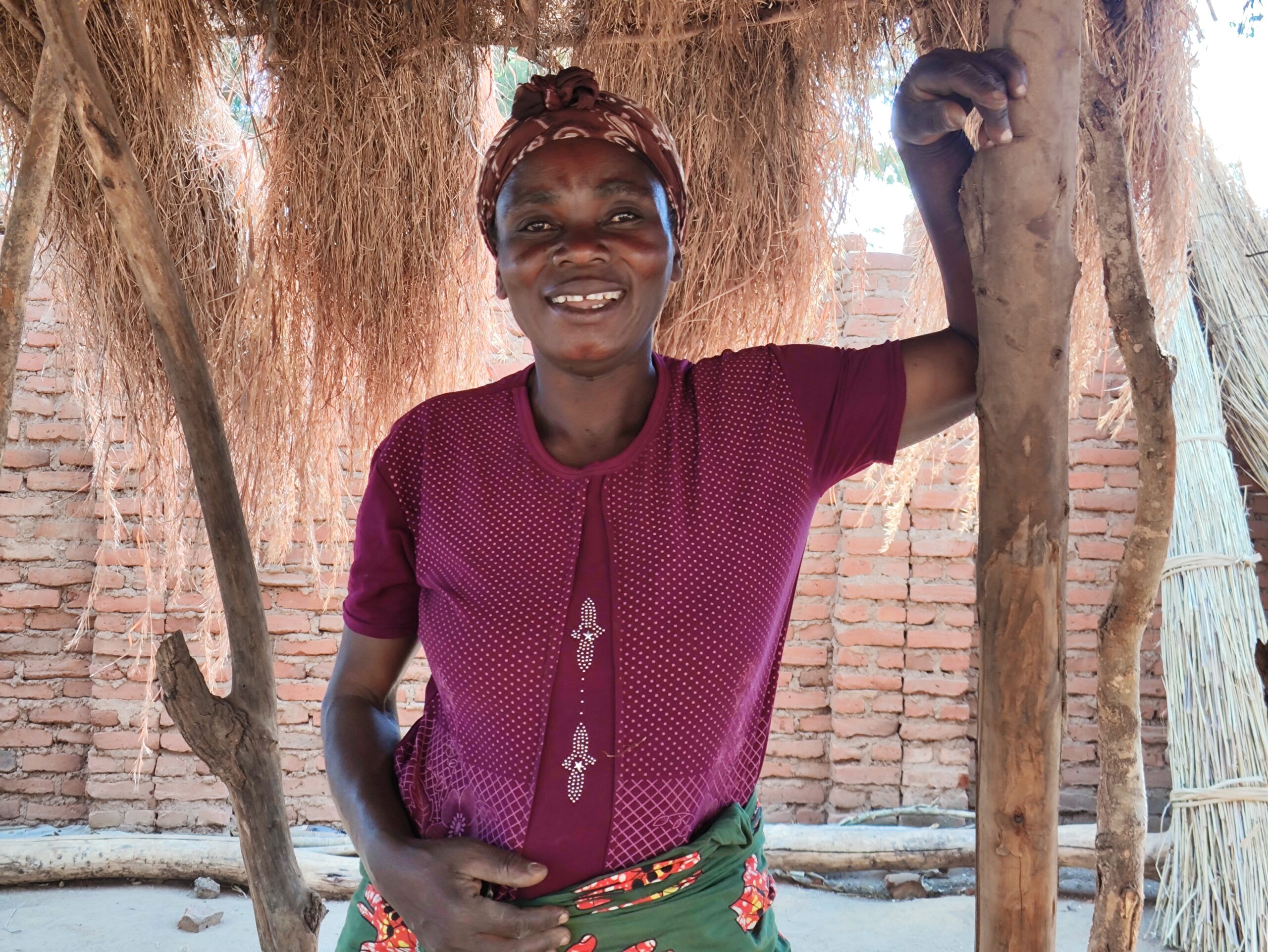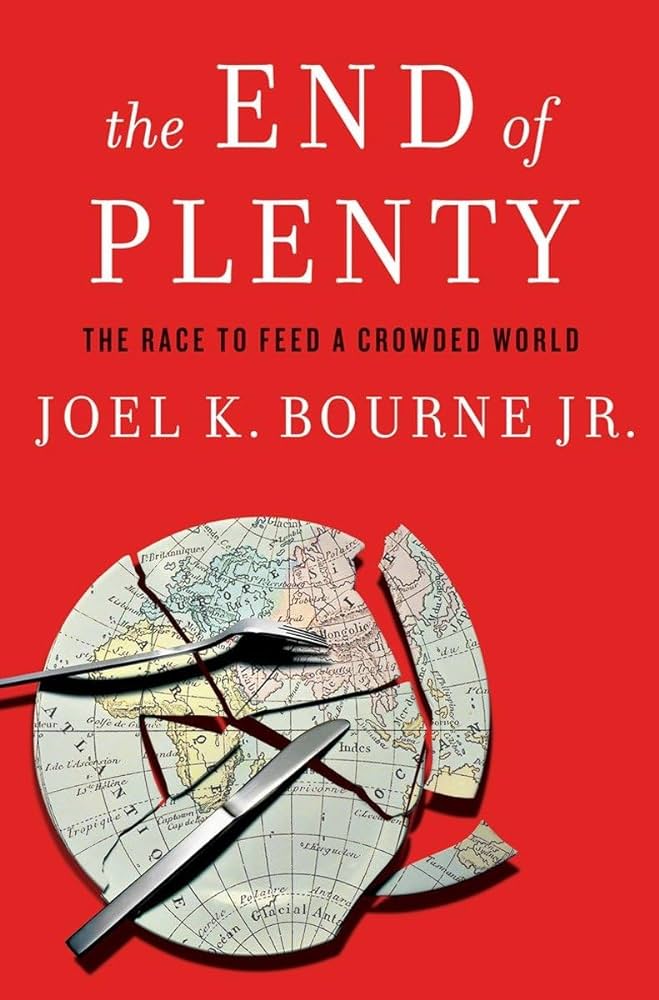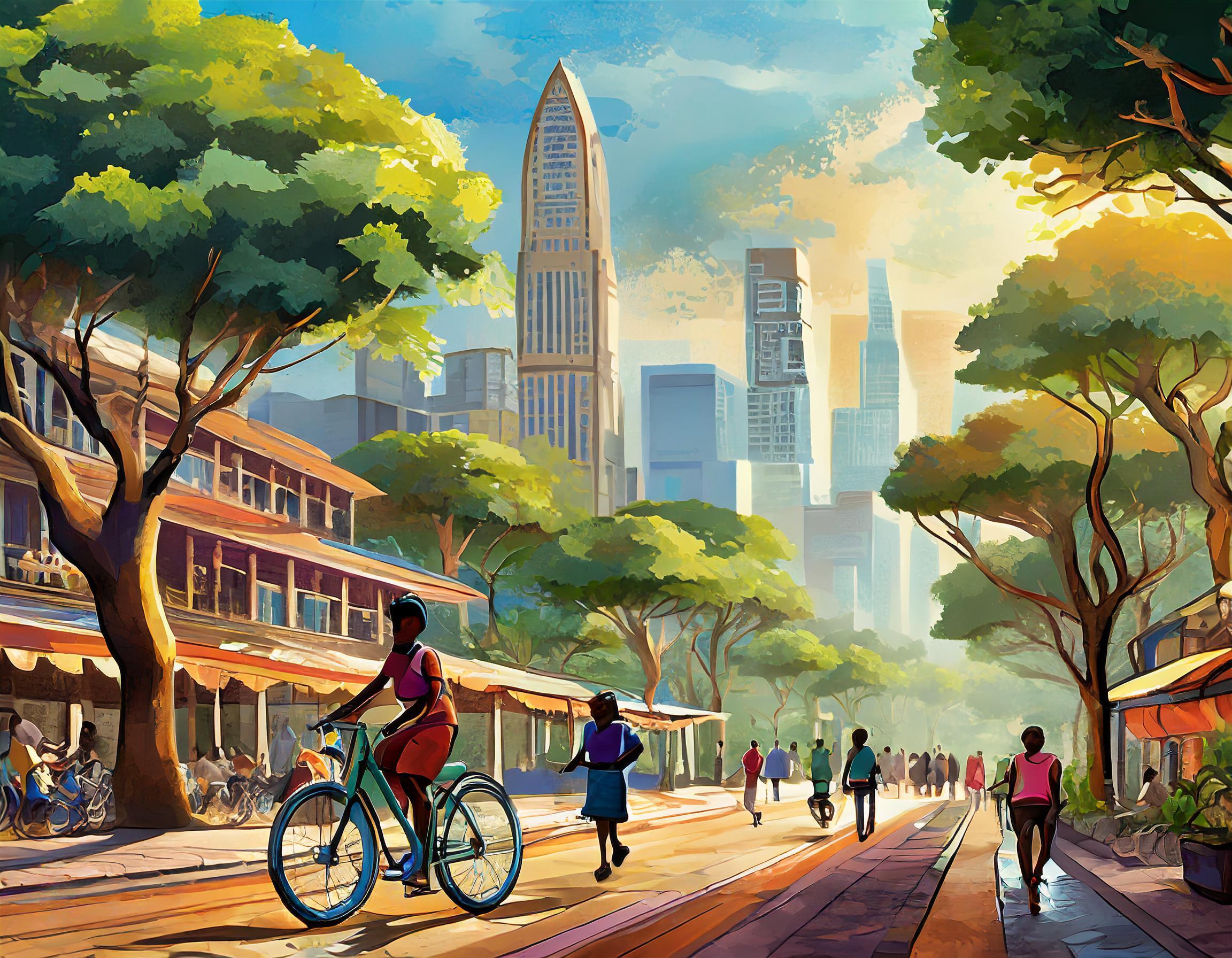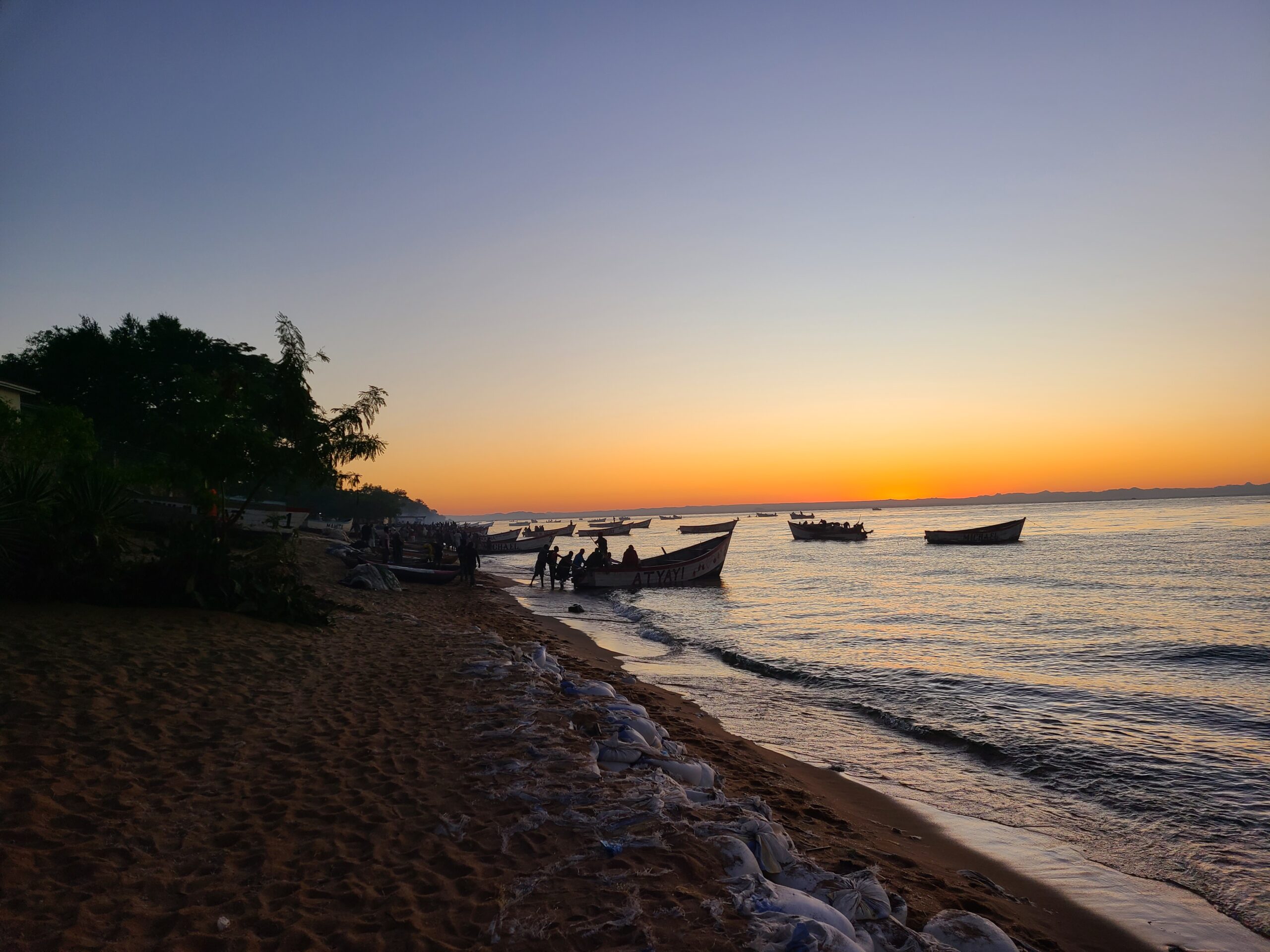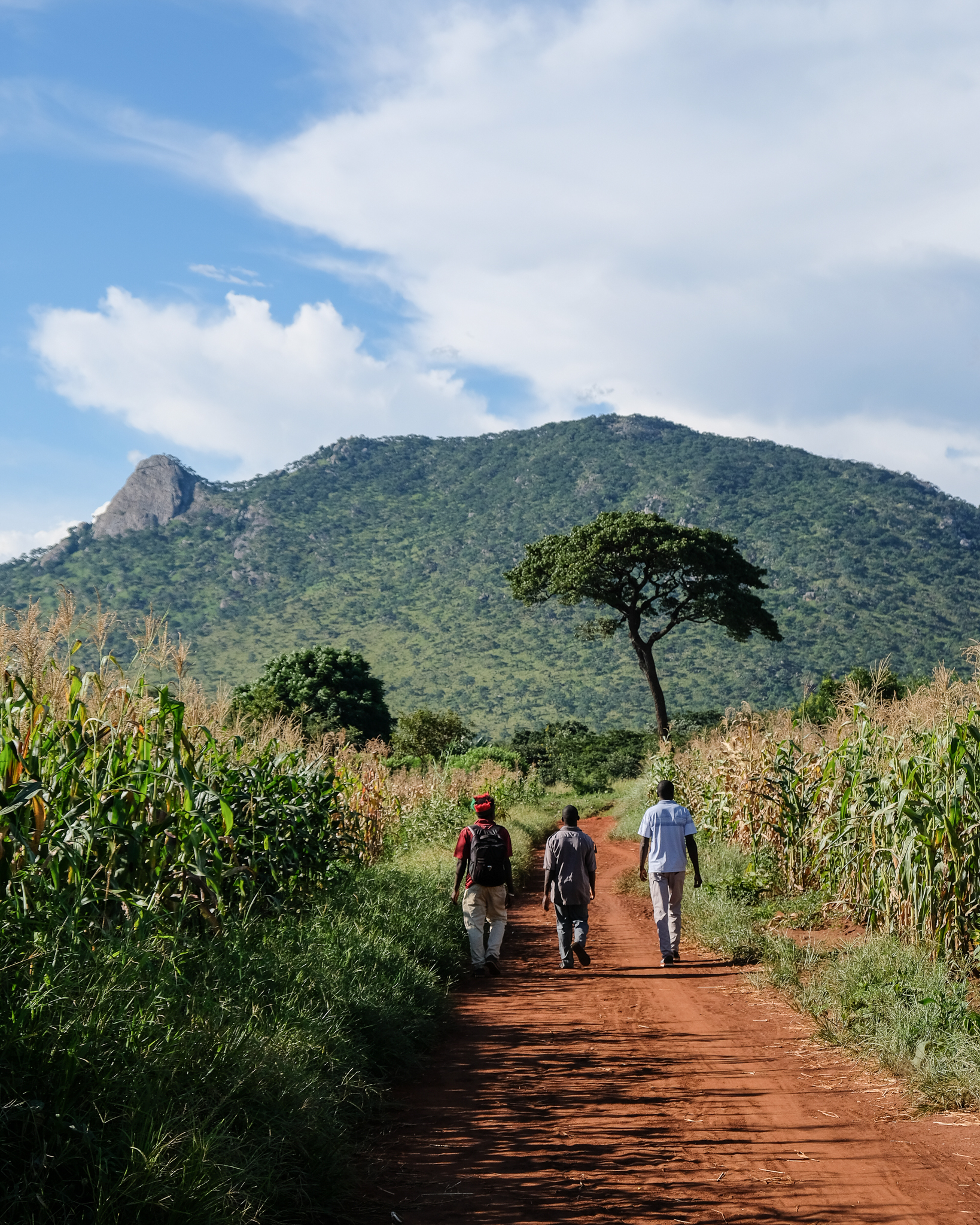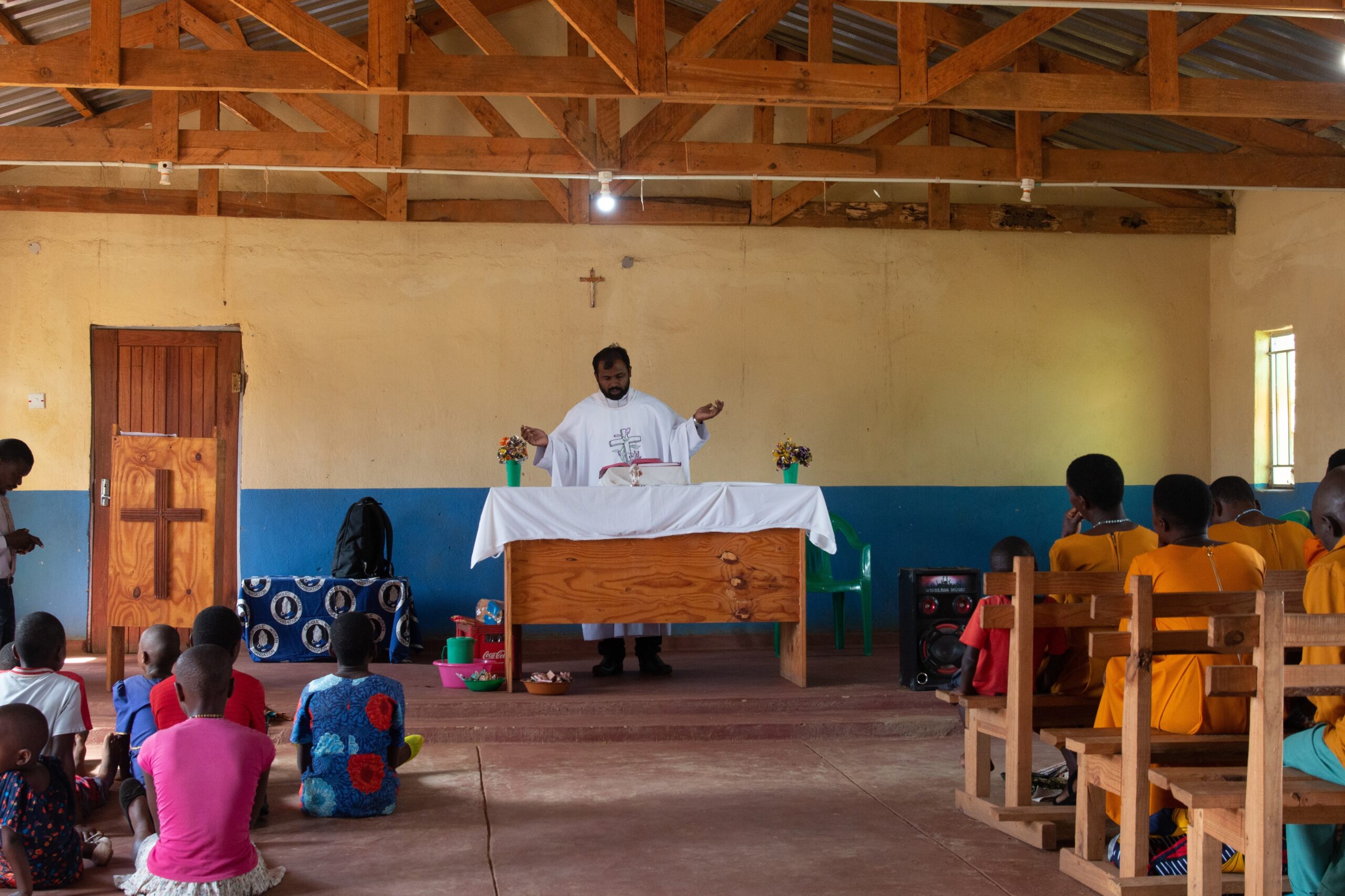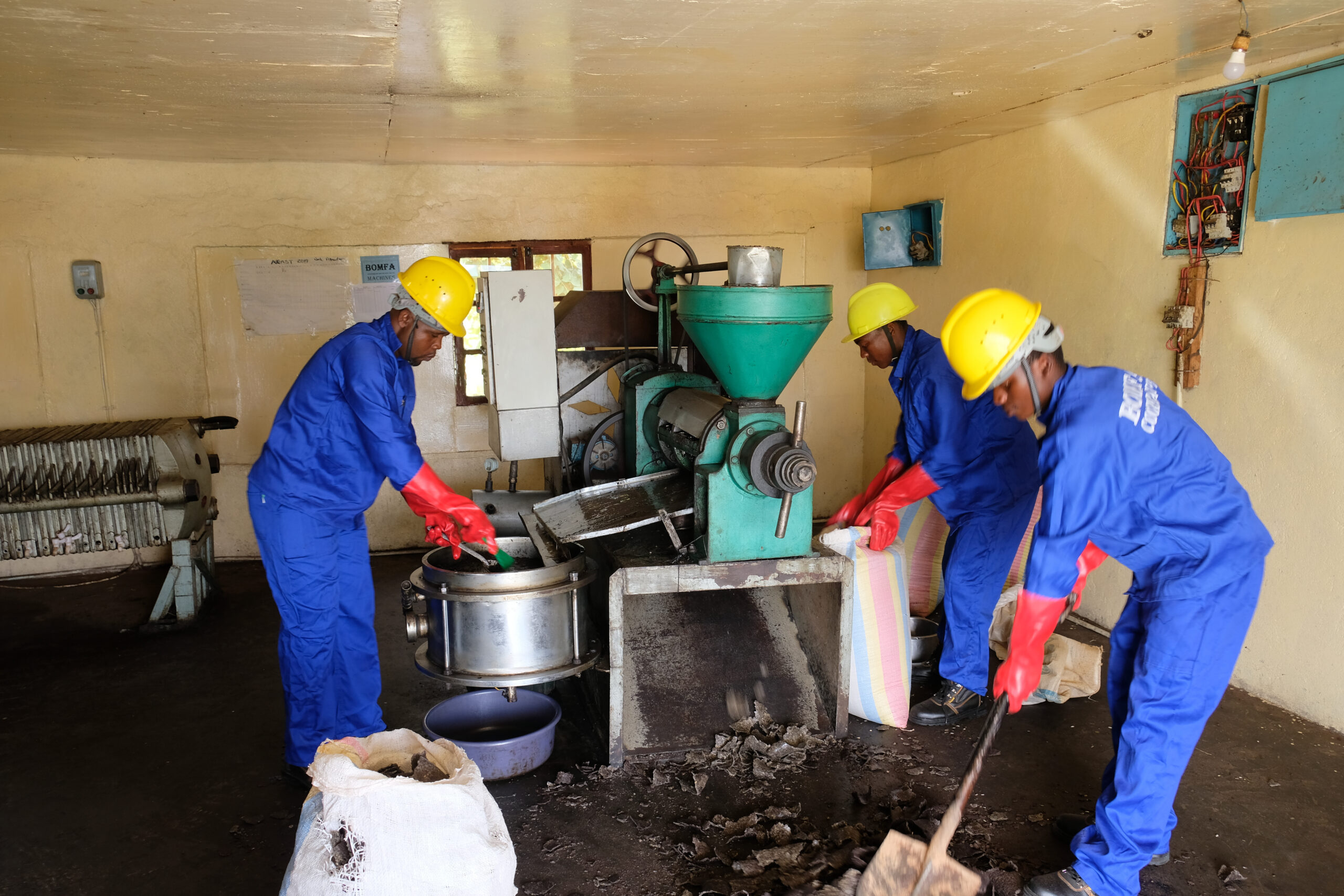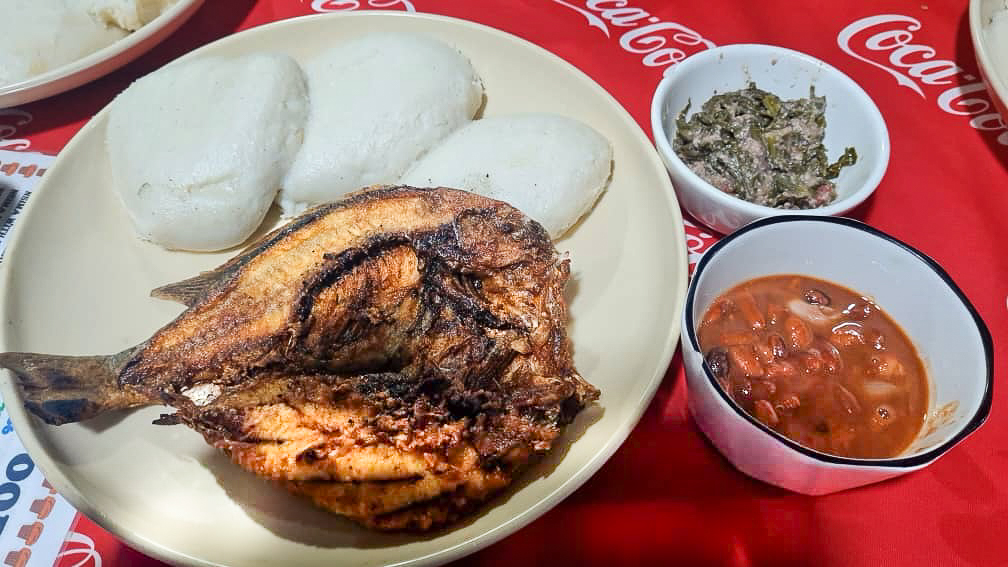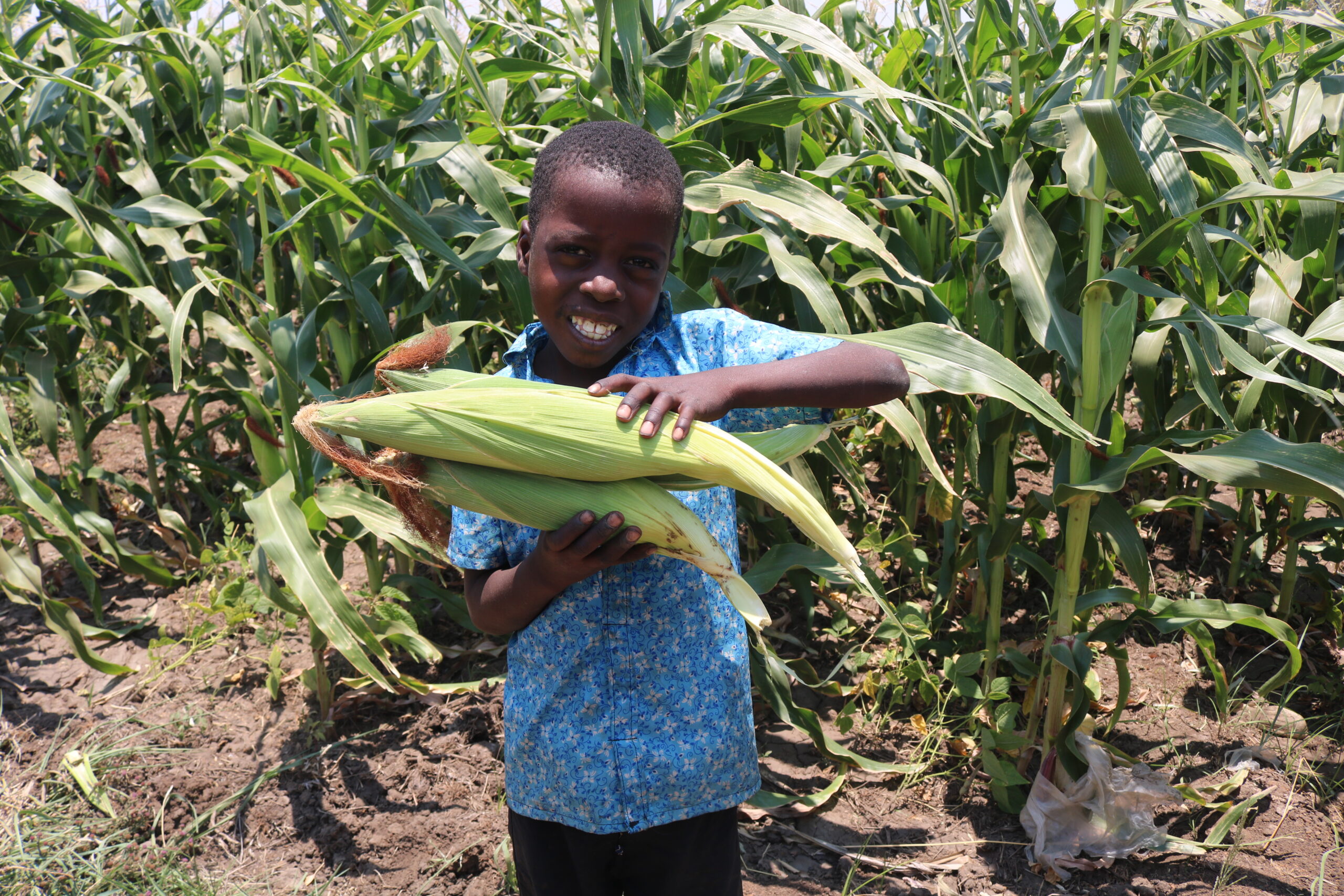“Orant respectfully serves and collaborates with our community in a sustainable way.”
Reflection from Orant's Support Team in Texas
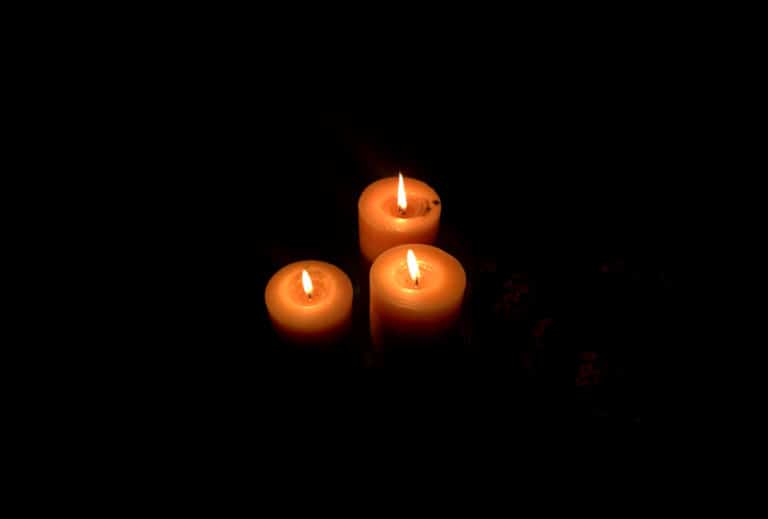
Texas was recently hit with a devastating winter storm. Many people lost power and water. We bundled under blankets in cold houses trying to stay warm. Burst pipes damaged homes and property, which will be costly to repair. Texans are receiving energy bills in the thousands. Much like in Malawi, the poor bear the worst repercussions from unexpected disasters.
In the US, many of us feel entitled to electricity, WiFi, and a hot shower. Last week was a wake-up call. Many homes in Texas had no running water. Or we had running water, but our water was contaminated. We had to boil it before washing our hands, drinking, or cooking. It was an inconvenience, yes. But it was temporary. In so many Malawian communities, clean water is still a 30 minute walk or more away.
Because of the power outages last week, pharmacies and doctors in Texas were closed. People weren’t able to access medicine or treatment if they were sick. This, too, made us empathize with our friends on the other side of the world. People in Malawi can live an hour’s walk or more from the nearest medical center. Too often, centers have a limited supply of medicine. A trip to the doctor can take an entire day and might still end with no prescription.
Last week’s winter storm devastated much of our state. We send our deepest sympathies to all those who suffered worse than we did. Our experience invited us to reflect on why we’re doing what we’re doing. In other words, why we live in the US, but work to support those in Malawi.
We live in a global world. We share one planet. And our planet has limited resources. In the US, most of us benefit from those limited resources. In Malawi, most don’t. It is an important time to ask: What do we have? How can we share? How can we create a more equitable world? By asking these questions, we challenge our own comfort and complacency. We tap into a deep and irrefutable connection to others. Such questions invite us to act not from a place of self-service, but from a place of empathy, compassion, and community. What happens when we allow our hearts to extend beyond borders? Who do we become?
The Orant Journal
The Village Chief’s Vital Role
Ever wondered why we always mention village chiefs and their involvement in Orant’s work? If yes, then today’s blog article is for you! In this article, we talk to Village Head of Kasese Village in Dowa, who tells us about her duties and why her involvement with Orant is important. Read today's blog article to learn more.
The End of Plenty Book Review
Recently, we read The End of Plenty by Joel K. Bourne Jr. An honest and sometimes scathing review of the Green Revolution, this book covers how monoculture crops have led to worsening hunger across the world. As the planet warms, the need is ever more urgent for us to find a solution to humanity’s desperate need to feed 9 billion people.
Urbanisation in Malawi: MW2063 Pillar #3
As we have discussed in some of our past blogs, Malawi Vision 2063 has three key pillars that guide the focus of the Vision. These three pillars are meant to build on each other to create the inclusively wealthy and self-reliant nation that they envision. In this blog, we will look at the third pillar of MW2063: Urbanisation.
Best Things to Do in Malawi
Whether you are planning an African trip or just curious about the things we love about Malawi, read today’s blog to see the best things to do in Malawi!
Holidays in Malawi
Holidays are here again and we are so excited! Most of our team is taking time off with their families and loved ones, so please enjoy this blog while we are away. Celebrate the holidays with us the Malawian way!
The Culture of Malawi: Malawian Religions
Introducing you to the culture of Malawi through a series of articles! The culture of Malawi is strong in spirituality and most people are active in religious groups. We’ll tell you about Malawi’s main religions and the people who practice them. Read on for more.
Industrialisation in Malawi: MW2063 Pillar #2
As we have discussed in some of our past blogs, Malawi Vision 2063 has three key pillars that guide the focus of the Vision. These three pillars are meant to build on each other to create the inclusively wealthy and self-reliant nation that they envision. In this blog, we will look at the second pillar of MW2063: Industrialization.
The Culture of Malawi: Malawian Food
Introducing you to the culture of Malawi through a new series of articles! First in the series is the food of Malawi, an important part of culture and tradition. We’ll tell you about some traditional foods and even share some recipes! Read on for more.
In this blog, we will look at the first pillar of MW2063: Agricultural Productivity and Commercialization.
